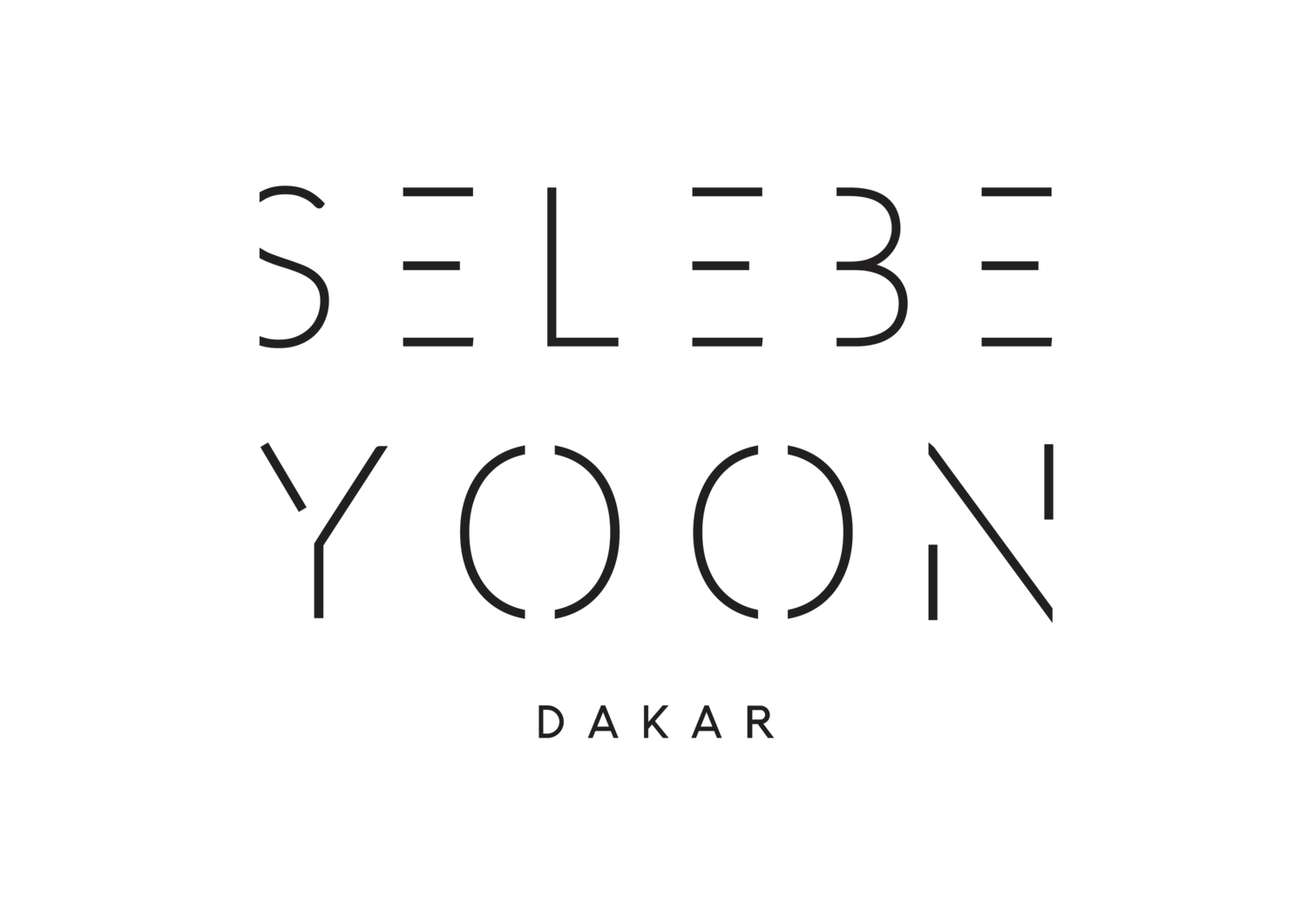“Tell me about your dream mosque”
Conversation between Fredj Moussa and Alibeta
Event date: May 22nd, 2025
As a closing event to his research residency at Selebe Yoon, artist Fredj Moussa talks with Alibeta and Jennifer Houdrouge. The exhibition “Tell me about your dream mosque” is the result of six weeks' research in Senegal, and presents a series of paintings, drawings, sculptures and a video installation.
Jennifer Houdrouge: Fredj, the project ‘Tell me about your dream mosque’ was born from a story — that of the Mosque of Divinity. Could you introduce the starting point for the works created during the residency and the film you made in collaboration with Alibeta?
Fredj Moussa: This is my first time in Senegal, in Dakar, and my arrival here is a “gateway” through the Mosque of Divinity and its history. It is a mosque that is said to have descended from the sky through the dream of its creator, Mohamed Gorgui Seyni Gueye, known as Sangabi, in March 1973, and it was this imaginary world that interested me from the outset. I wanted to see how spirituality, or rather Sufism, could coexist with beliefs such as Afro-futurism or science fiction. Once I arrived, I quickly realised that there was not only that religion in Ouakam Bay, but that there was a form of syncretism, that it was much more complex than I had imagined. The initial film project quickly evolved into a collective video work with several intersecting stories, as well as paintings that could, of course, refer to a film, but also to other tales that flow through the region.
Jennifer Houdrouge: Imagination means stories, myths, legends, tales. In this work, the starting point is a story, that of this mosque that appeared in a dream. Alibeta, why work with the imagination, why and how can it be reactivated? What value does it have in today's society?
Alibeta: I often say that, for me, imagination is like coding. The imaginations we have in our heads code and define our behaviours, our attitudes, our relationship to reality. It has an impact and directly shapes our beliefs, our stories, our ways of seeing the world, our cosmogonies, our relationship to ourselves, to others, to living things, to the environment... [...] In African cultures, more specifically among the Lebou, Serer and Diola communities, colonisation seems to have caused us to lose these ways of seeing the world. But they are still there — so Fredj and I went towards them. If we are to do decolonial work, it must first be done in the imagination.
Fredj Moussa: I wanted to offer counter-narratives to the grand Histories. For me, the Mosque of Divinity is a space of resistance. Through this imagination, I wanted to offer something else, to resist colonialism and Christianity, to counteract these imaginaries. How do we create these spaces that become intimate and familiar, where we can create and still leave room for the imagination?
This residency is an exchange project with Nessij and La Boîte, Tunis.
